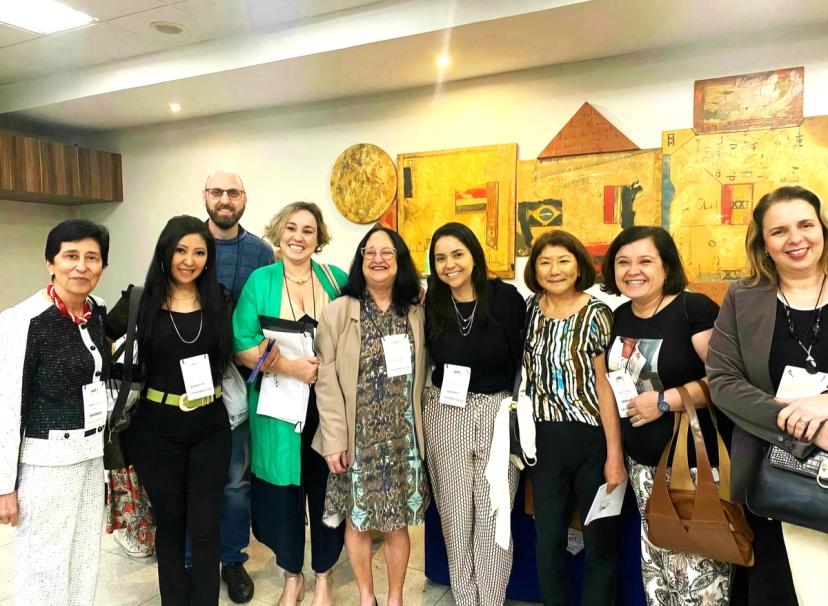Advancing infectious disease research through immunohistochemistry
As part of LabWeek, Prof. Dr. Carla Pagliari shares her journey in pathology, mentorship, and the pursuit of scientific discovery in infectious diseases
24 Apr 2025As part of Lab Week, our Lab4Life feature hosts a special series highlighting the inspiring journeys of scientists dedicated to clinical science and global health. In this guest blog, Prof. Dr. Carla Pagliari, a Livre-Docente at the Mycology Program of the Institute of Tropical Medicine, University of São Paulo Medical School, shares her career path, research contributions, and the impact of her work in infectious disease pathology.
I am a biologist, laboratory specialist, and I began my career at the University of São Paulo Medical School in 1989 as a laboratory technician. A few years later, I completed my doctoral thesis, and I am now a 'Livre Docente', a special academic title awarded to researchers who have established expertise in their field, published extensively, and mentored students across various academic levels, from undergraduate to doctoral candidates.

Captured at the Congress of Tropical Medicine in São Paulo, Brazil (September 2024), featuring Carla's team, including current and former students.
Since the 1990s, my team and I have focused on the pathology of infectious diseases, building a significant body of work in this field. Many of my former students have gone on to become brilliant researchers in various governmental institutions across the country.
Over the years, my team has been composed almost exclusively of women, an interesting but unplanned development. Two mentors who have greatly influenced me are Prof. Mirian Sotto (pictured on the far left) and Prof. Maria Irma Duarte (center). I am the second from the right.
One of my primary research tools is immunohistochemistry, which my group has refined over the past three decades. This technique has proven invaluable in diagnosing and understanding the pathogenesis of numerous infectious agents, particularly those related to AIDS, as well as diseases of significance in tropical medicine such as dengue, yellow fever, and most recently, COVID-19.
Through immunohistochemistry, we can identify and quantify cells and their products, such as cytokines, in tissue lesions, providing insight into the events that contribute to disease progression.
My most notable contributions lie in the areas of fungal disease pathogenesis, immune response, dermatopathology, and the study of arboviruses. However, the greatest challenge we've faced is securing consistent financial support to maintain the supplies and equipment necessary for our research. Although it hasn't always been easy, my group has benefited from research funding agencies, thanks to the collaborative projects we've developed with our students and partners from other teams.
Looking ahead, I aim to continue contributing to scientific knowledge, particularly on diseases that are of importance not only in Brazil but also worldwide. It is both a pleasure and a source of fulfillment to be able to produce meaningful science and work towards the advancement of global health.
